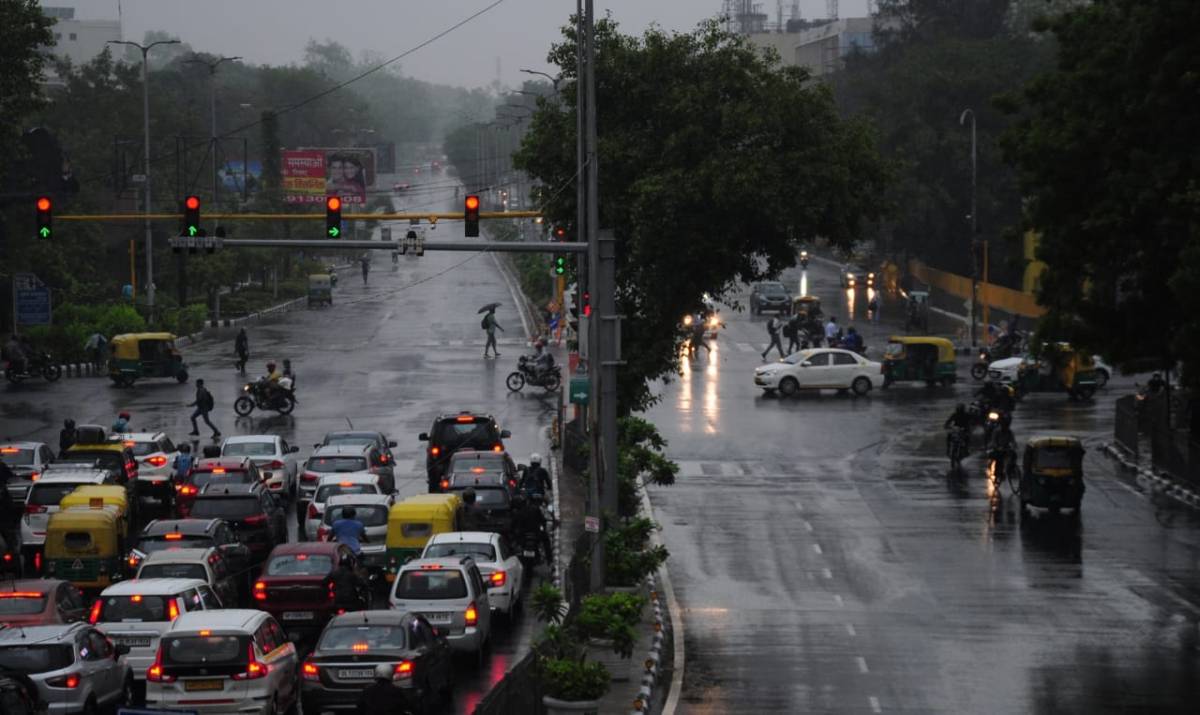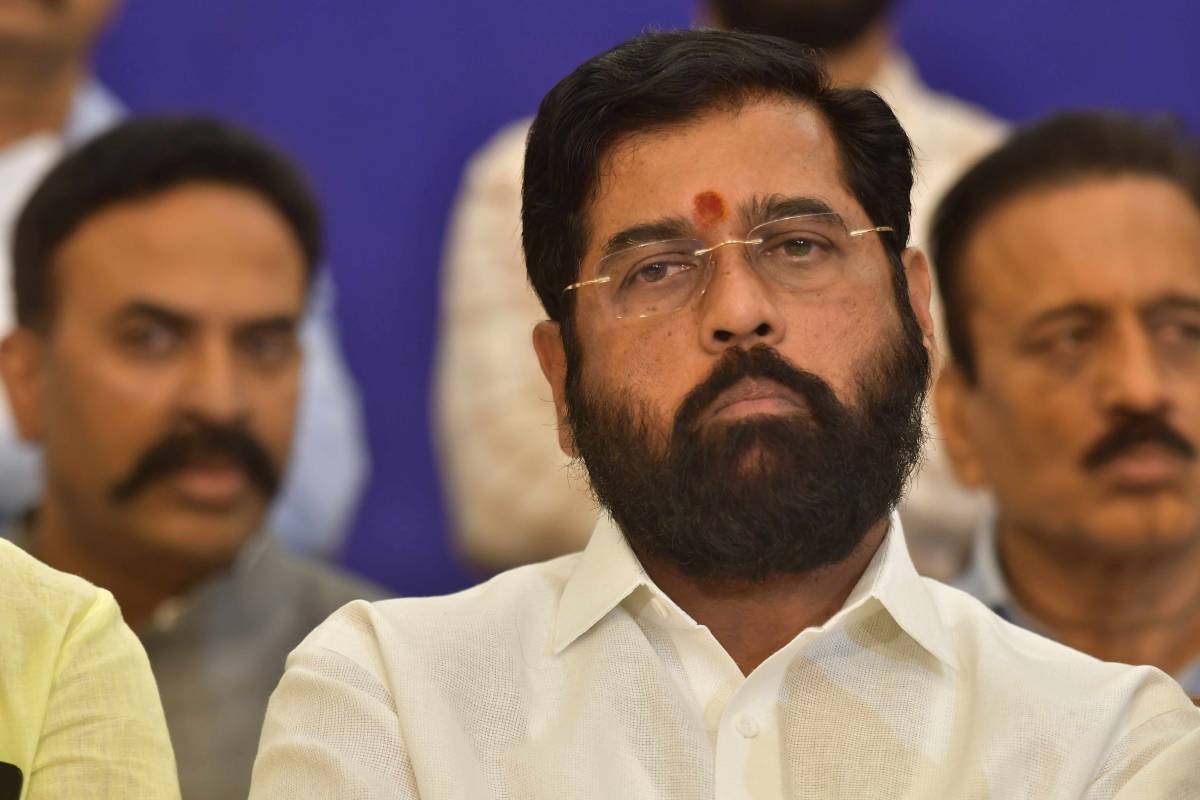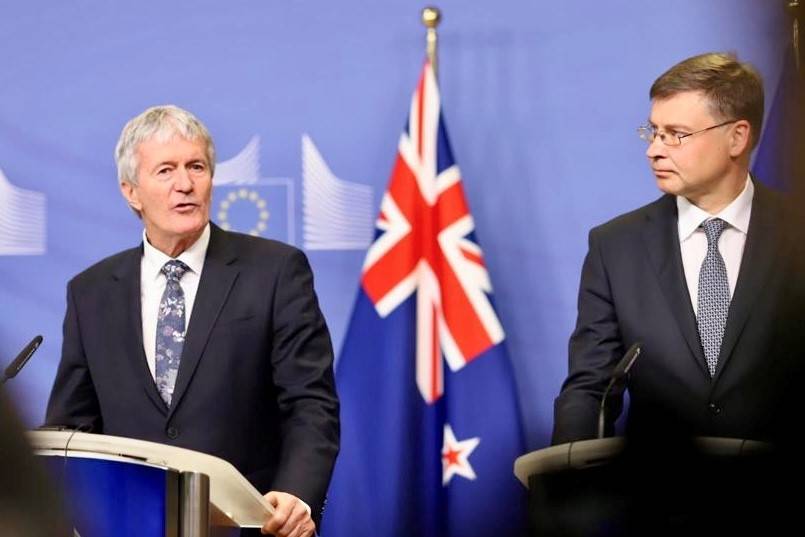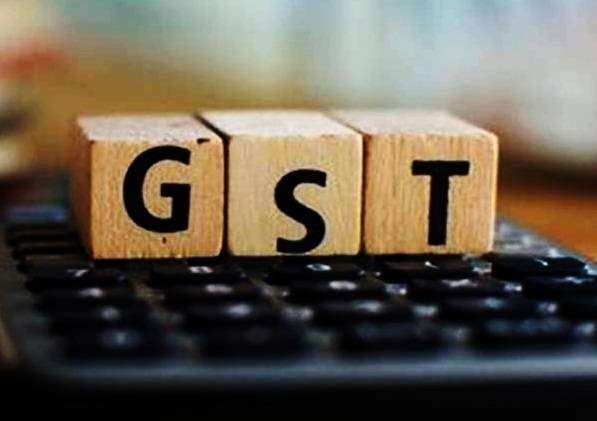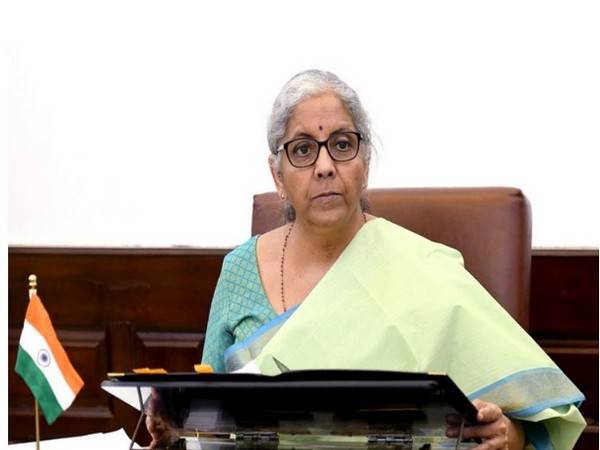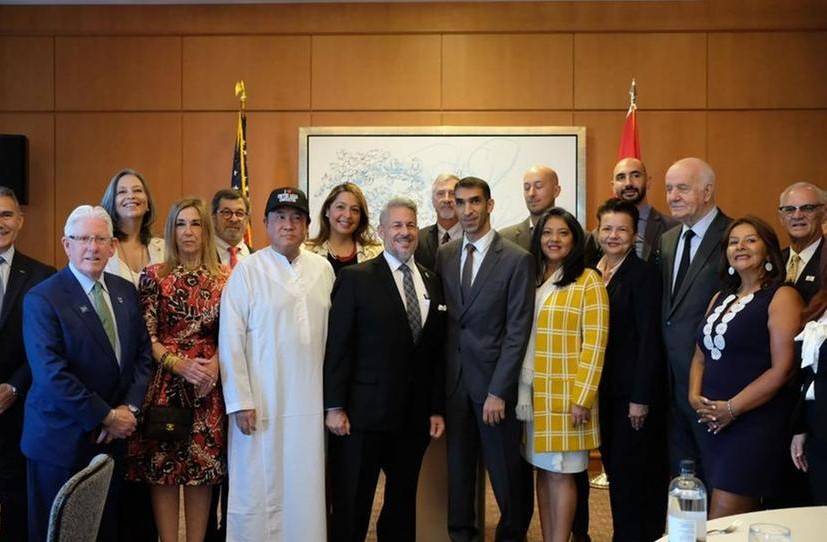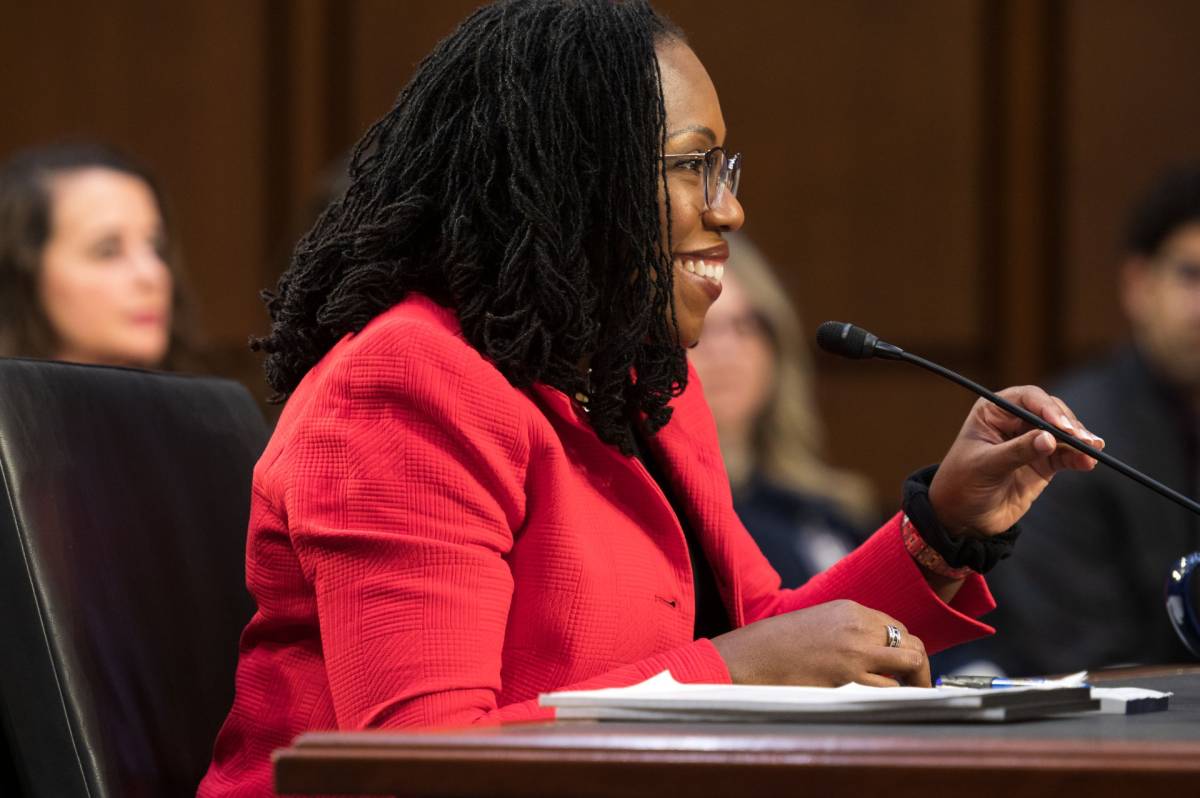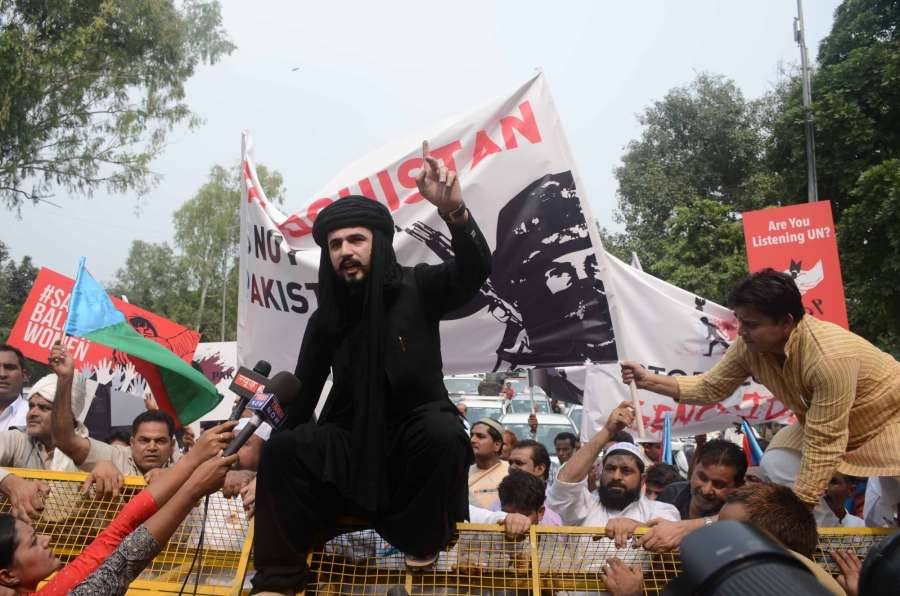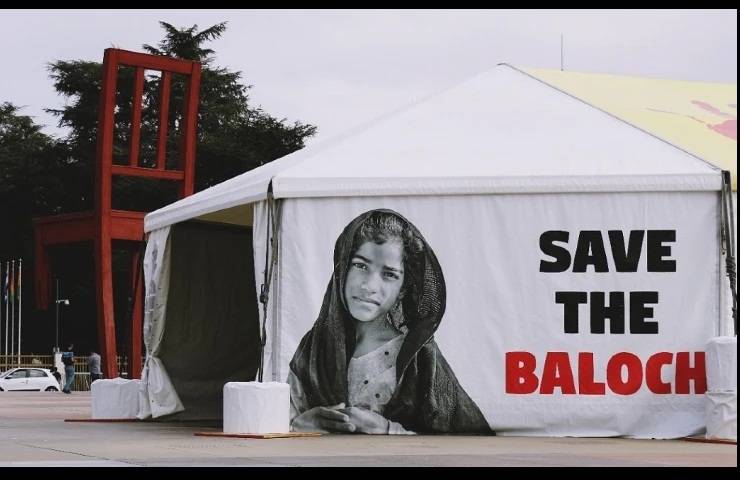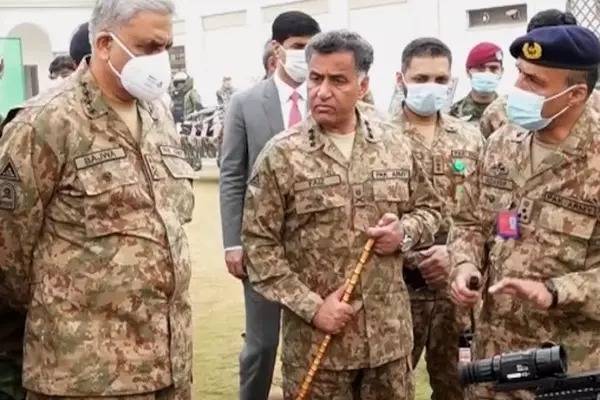India totalled 152.3 mm rainfall as against the normal of 165.3 mm registering a departure of minus 8 per cent…reports Asian Lite News
Despite tremendous disparities in the rainfall received regionwise – excess in the northeast and dry in the northwest, India, as a whole registered ‘normal’ rainfall in the month of June.
Though the SW Monsoon has had a slow progress over peninsular India, it, on Thursday, except for large parts of Rajasthan, and some parts of Punjab and Haryana, had covered rest of the country.
India totalled 152.3 mm rainfall as against the normal of 165.3 mm registering a departure of minus 8 per cent. In India Meteorological Department (IMD) parlance, a departure of plus/minus 19 per cent is considered as ‘normal’ rainfall.
At state levels, 13 states and three UTs have received ‘deficit’ rainfall (minus 59 per cent to minus 20 per cent departure) while Delhi at minus 70 per cent departure has registered large deficit (minus 99 to minus 60).
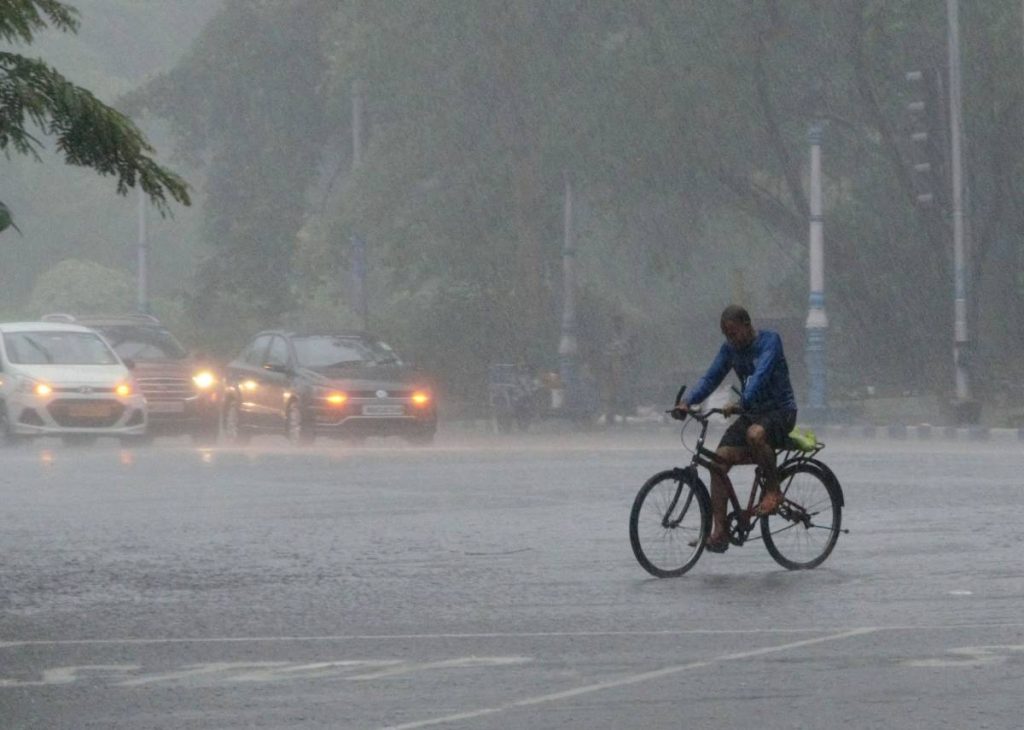
East and northeast India recorded 400.9 mm rainfall as against 328.4 mm, registering a departure of plus 22 per cent from its long period average (LPA). Among the states here, Meghalaya (107 per cent) and Assam (61 per cent) registered excess rains leading to widespread floods.
Northwest India recorded 68.6 mm rainfall against 78.1 mm, showing a deficit of minus 12 per cent from its LPA, for Central India, it was 118.9 mm rain against 170.3 mm, a departure of minus 30 per cent from its LPA, while the southern peninsular India received 139 mm rains against 161 mm, ot minus 14 per cent departure.
Among the states that have recorded deficits are Kerala, Maharashtra, Gujarat, Chhattisgarh, Odisha, Jharkhand, Mizoram, Manipur, Uttar Pradesh, Uttarakhand, Himachal Pradesh, Punjab, and Haryana while the UTs are Andaman & Nicobar Islands, Dadra, Nagar Haveli and Daman & Diu and Ladakh by way of snow precipitation.
Manipur landslide
Prime Minister Narendra Modi on Thursday reviewed the landslide situation caused due to incessant rainfall in Manipur with Chief Minister N Biren Singh and assured full possible support from the central government.
“Spoke to Manipur CM Shri @NBirenSinghJi and reviewed the situation due to a tragic landslide. Assured all possible support from the Centre. I pray for the safety of all those affected. My thoughts are with the bereaved families. May the injured recover soon,” PM Modi tweeted.
As many as 13 persons were killed after a massive landslide struck near a railway construction camp in Manipur’s Noney district, officials told media persons today.
“We’re working hard but because of rains and other factors, this happened. It is the main Tulum station where the train was supposed to stop. Maybe because of heavy ongoing work, some seismic disturbance may have taken place. 13 bodies have been taken out,” said DGP P Doungel.
So far, 19 people have been rescued and are being treated at Noney Army Medical unit. Evacuation of critically injured is in progress but bad weather and fresh landslides are hampering rescue operations, the CPRO said.
The North-East Frontier Railway CPRO said the landslide triggered by incessant rains caused damage to the Tupul station building of the ongoing Jiribam – Imphal new line project. “Landslide also stuck the track formation, camps of construction workers and rescue operations is in progress,” the NF Railway CPRO said.
Union Home Minister Amit Shah also spoke to Chief Minister N Biren Singh and Union Railway Minister Ashwini Vaishnaw. He said that two more teams of NDRF are on their way to Tupul.
Shah said rescue operations are underway with National Disaster Response Force personnel at the site of the incident which took place on Wednesday at midnight when the landslide hit the construction camp.
“Spoke to CM @NBirenSingh and @AshwiniVaishnaw in the wake of a landslide near the Tupul railway station in Manipur. Rescue operations are in full swing. A team of NDRF has already reached the spot and joined the rescue operations. Two more teams are on their way to Tupul,” Shah tweeted.
Meanwhile, Manipur CM visited Tupul to take stock of the unfortunate landslide situation and expressed gratitude to Shah for calling him to assess the situation and assured all possible assistance.
“Visited Tupul to take stock of unfortunate landslide situation. I’m thankful to Hon’ble HM Shri Amit Shah Ji for calling me to assess the situation and assured all possible assistance. A team of NDRF has already reached the site for the rescue operation,” the Chief Minister tweeted.
Meanwhile, Manipur chief minister N Biren Singh convened an emergency meeting to monitor the situation closely.
“Called an emergency meeting to assess the situation of the landslide in Tupul today. The search and rescue operation are already underway. Let’s keep them in our prayers today. Ambulances along with doctors have also been dispatched to assist in the operation,” Singh tweeted.
The incident took place on the intervening night of Wednesday and Thursday near the company location of 107 Territorial Army of Indian Army deployed near Tupul Railway Station in Noney district for protection of the under-construction railway line from Jiribam to Imphal.
According to an official statement, full-scale rescue operations are in progress by columns of the Indian Army and Assam Rifles.
“The available engineer plant equipment on site has been pressed into the rescue efforts,” officials said. The injured individuals are being treated at Noney Army Medical unit.
“Evacuation of the critically injured personnel is in progress. The flow of Ijai river has been affected due to the landslide,” said officials.
Following the incidents, Manipur Chief Minister N Biren Singh convened an emergency meeting to monitor the situation. (IANS/ANI)

